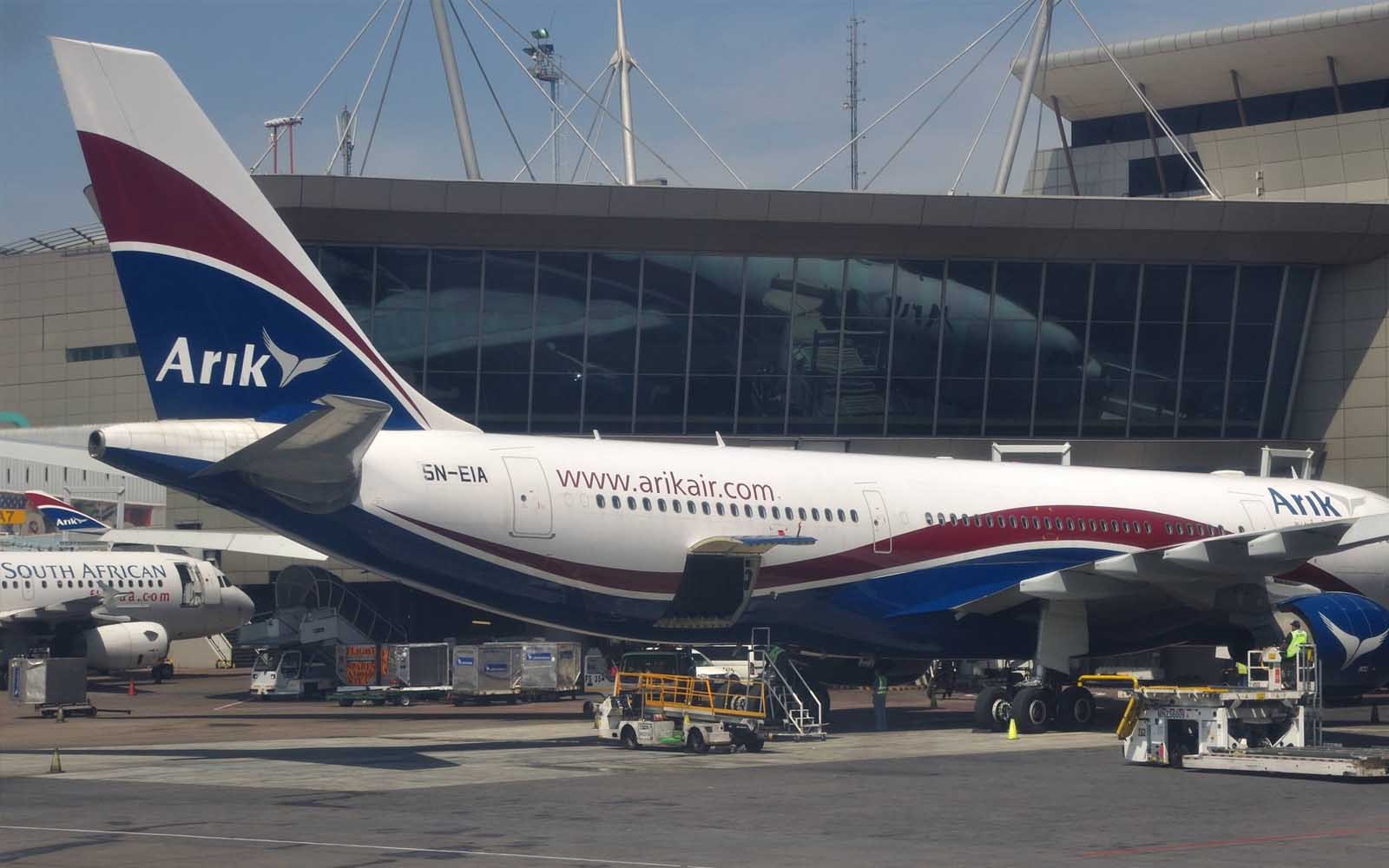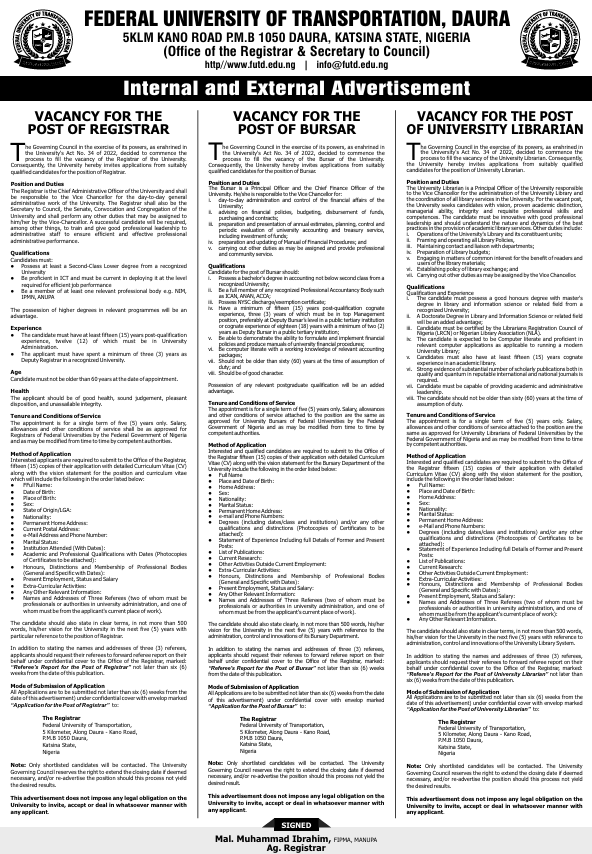The Africa Regional Director of the International Air Transport Association, Funke Adeyemi, has disclosed that Nigeria’s aviation sector suffered a loss of $700m during the coronavirus pandemic.
Adeyemi, who said this during a webinar, titled, ‘A national conversation: Mapping Nigeria’s response to COVID-19’ on Tuesday, added that 90,000 jobs were at risk in the industry.
She said, “Aviation is one of the hardest-hit sectors. Over the past three months, passenger travel reduced by 90 per cent. That led to a loss of $28.5bn in GDP for Africa and put about three million jobs at risk.
“For Nigeria, the loss was colossal; the industry had about $700m loss and about 90,000 jobs at risk across the entire value chain of aviation.”
Adeyemi, however, commended the governments of the world for the introduction of the lockdown as the aviation sector could have accelerated the spread of the pandemic.
She noted that the sector had been very supportive of the fight against COVID-19.
She said, “Even though passenger travel was down and none existent, aviation was still supporting the fight against COVID-19 by ferrying medicines and essential provisions around the continent.
“Aviation continues to maintain its criticality – it’s not just a means of transportation; it is actually an economic business, which supports the fight against COVID-19.”
Adeyemi revealed that IATA and other international bodies had examined more ways to make air travel safer for passengers.
She said, “The industry has been working proactively to see how we can mitigate the risk of spread where aviation is a vector for spreading and, at the same time, conveying passengers and the government. COVID-19 is with us for some time. There is no solution for it.
READ ALSO: Pension of ex-NAHCO workers ready to be paid- FG
“However, what the UN, IATA and ICAO have come up with is a series of biosecurity temporary measures. It would look at the entire end-to-end passenger journey, right from pre-flight where we can collect passenger data and health declaration forms through established platforms, to travel procedures at the airports, and temperature checks.”
According to her, this will make sure there is physical distancing during boarding, and ensure the use of face masks in-flight as well as the filtering system on the aircraft.”
Adeyemi said collaboration between health authorities and the aviation sector would be crucial to the resumption of flight activities.
She said, “The collaboration between the health authorities and aviation sector, to ensure that the globally accepted measures for restarting and supporting aviation again are implemented, is really critical.
“Our collaboration would really help our ability to restart the economy. We have collaborated with the World Health Organisation and others to create globally accepted standards.”
The Federal Government had said that civil aviation authorities would determine the resumption of domestic flights in the country.
The National Coordinator of the Presidential Task Force on COVID-19, Sani Aliyu, stated this during a briefing in Abuja.
Aliyu had on June 1 said that “The aviation industry is requested to start developing protocols to allow for domestic flights to resume anytime from the 21st of June onwards.”













